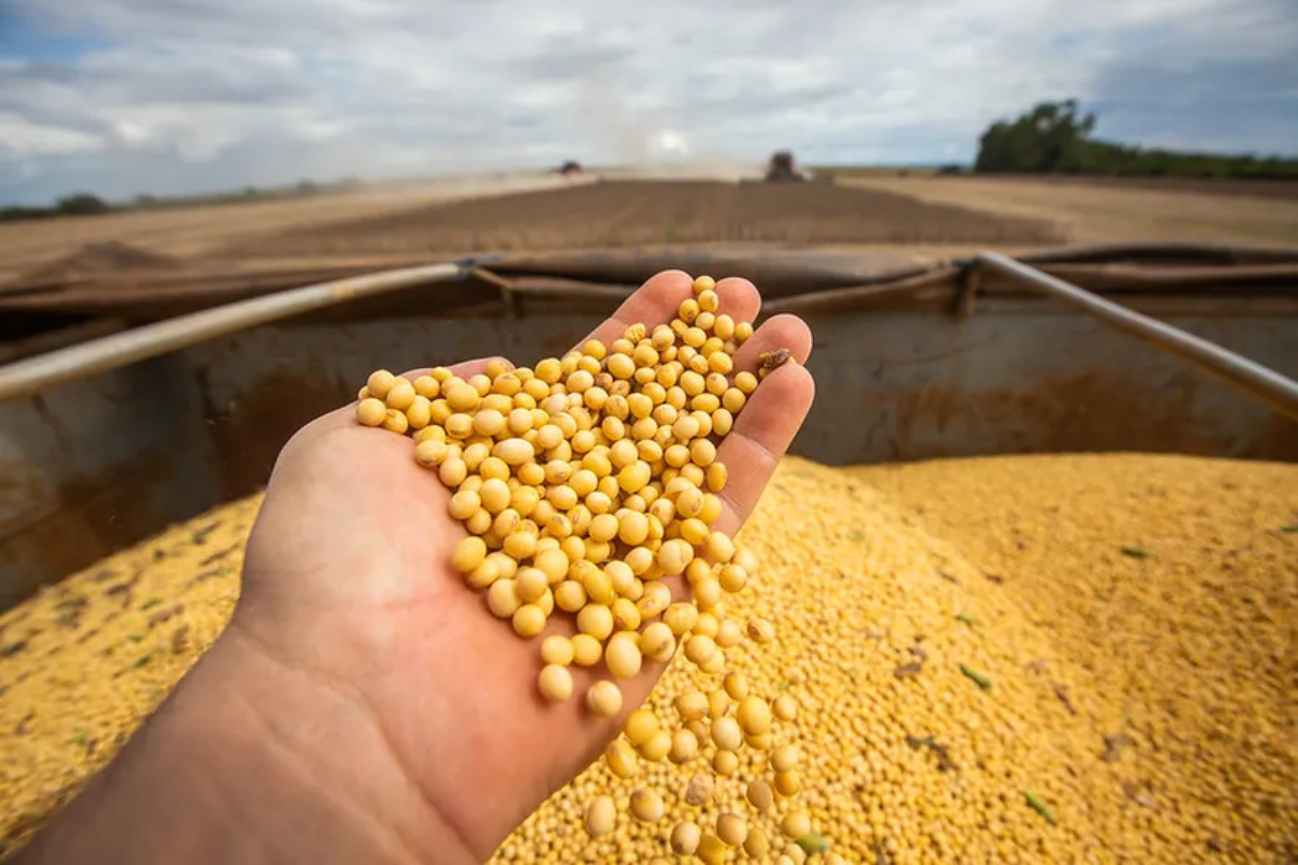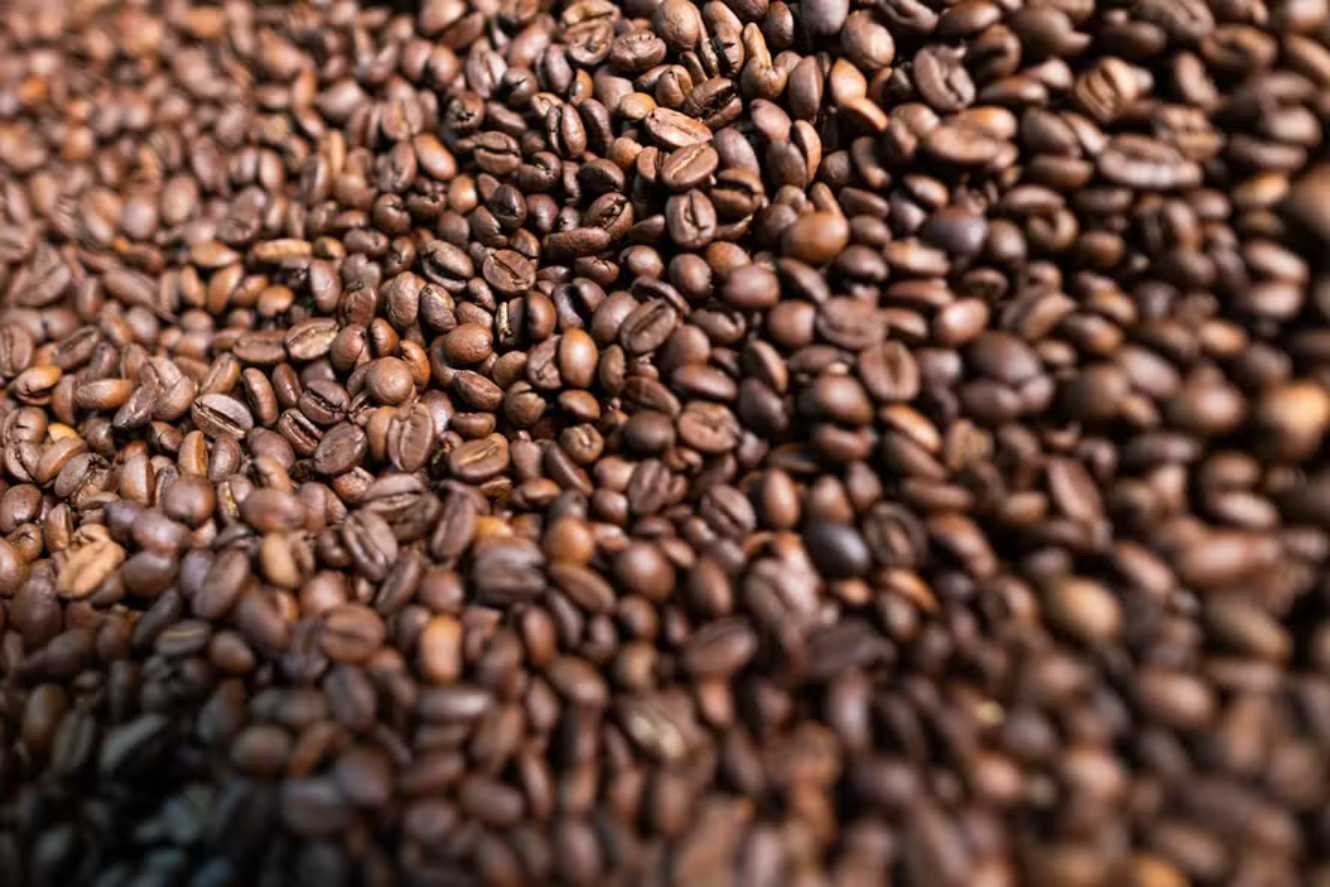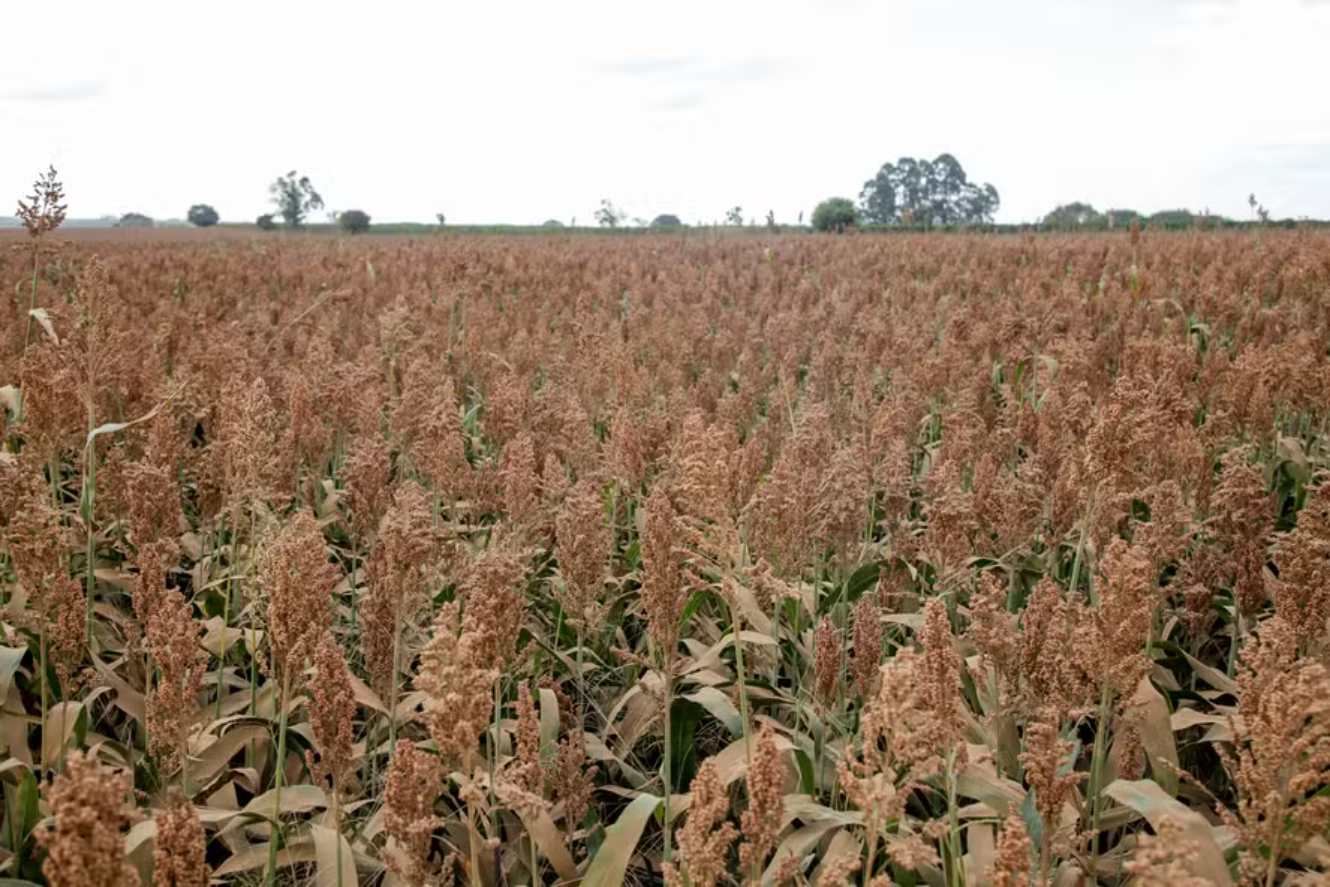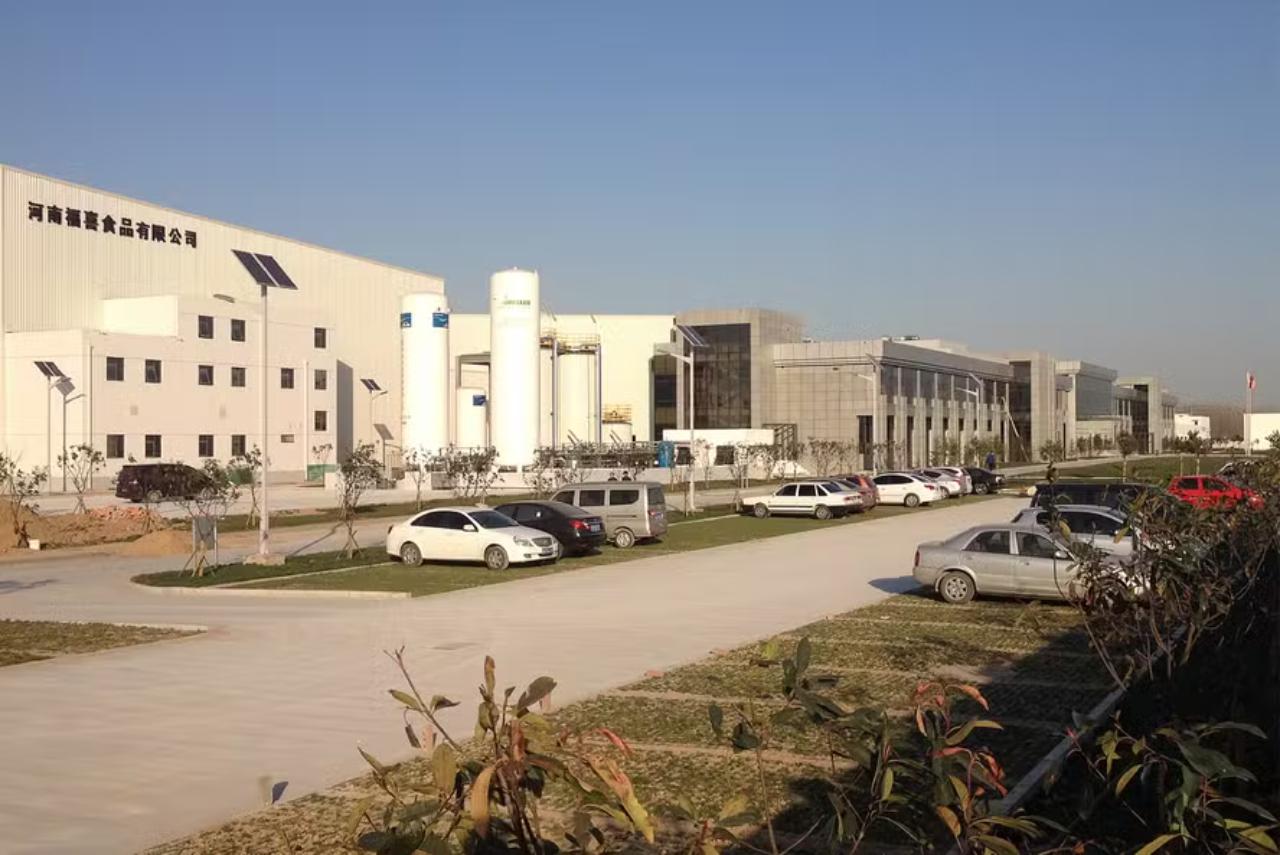The estimate is that the added value will reach R$ 521.3 billion this year.
The value of the Gross Domestic Product (GDP) generated by the soybean production chain is expected to reach R$ 521.3 billion in 2024, representing a decline of 5.77% compared to the value recorded last year. The data comes from a survey conducted by the Center for Advanced Studies in Applied Economics (Cepea), part of Esalq/USP, in partnership with the Brazilian Association of Vegetable Oil Industries (Abiove), based on data available through the second quarter of this year.
The decline follows a 22% growth in the chain in 2023 and is attributed to crop failures and their impact on agro-services. The study also highlights a decrease in relative prices of 17.1%, leading to a 21.88% reduction in real income.
Among the segments of the soybean chain, only the agroindustry and the input segment are expected to see growth this year, at 1.33% and 4.42%, respectively.
The agroindustry’s results will be primarily supported by the positive performance of biodiesel (26.92%) and feed industries (2.6%). Soybean production on the farm is projected to decline by 13.15% in value this year, while agro-services are expected to end the year with a 4.70% decrease.
In value terms, the soybean agroindustry is expected to conclude the year with a GDP-income of R$ 69.4 billion, down from R$ 81.3 billion in 2023, a decline of 14.66%. Agro-services will see a reduction of 20.88% in GDP-income, reaching R$ 299.1 billion. The GDP-income for inputs is projected to be R$ 28.2 billion, down from R$ 31.5 billion last year, a decline of 10.56%.
The figures also indicate that the anticipated strong performance of the industry will mitigate the GDP decline of the production chain, particularly the biodiesel industry, which is expected to grow by 26.92%.
Job Losses
Regarding job creation, the soybean and biodiesel sectors employed 2.24 million people in the second quarter of 2024, accounting for 9.51% of the agribusiness sector and 2.23% of the total employment in the country.
This total is 4% lower than recorded in the second quarter of last year. The agroindustry segment experienced a 17.06% increase in the number of jobs during this period, while the input segment saw a 1.92% rise in total employment. Conversely, there was a reduction of 6.13% in jobs within the farm gate, and agro-services experienced a 4.78% decline.
Decline in Exports
According to the survey, exports of agribusiness products fell by 20.87% in the second quarter compared to the same period in 2023, totaling $24.24 billion.
This decline is primarily attributed to the depreciation of exported commodity prices (a drop of 17.83% in price). The volume shipped decreased by 3.71% during the period, totaling 48.98 million tons.
Export values fell for soybeans (19.85%), soybean oil (52.81%), soybean meal (20.72%), and soybean protein (2.18%), while there were increases for biodiesel (49.36%) and glycerol (10.04%).
There was a decrease in shipments to the European Union (3.26%), Southeast Asia (9.89%), North America (37.27%), and others (54.60%). Conversely, exports grew to China (2.88%), East Asia (8.56%), the Middle East (18.10%), and Africa (23.17%).
China remained the main destination for exports, accounting for 72.38% of soybean exports, 12.95% of oil exports, and 39.51% of total exports of biodiesel, glycerol, and soybean protein (due exclusively to glycerol). The European Union and Southeast Asia also stood out as important destinations, especially for soybean meal and biodiesel.





